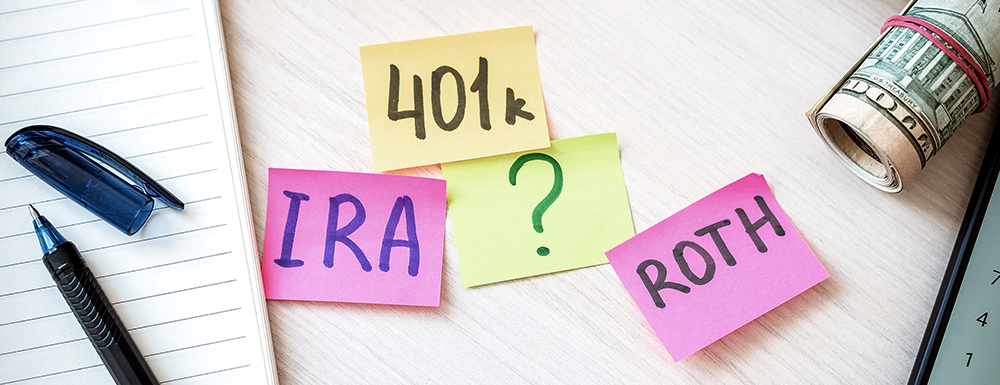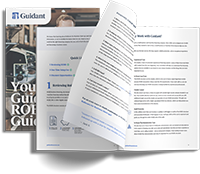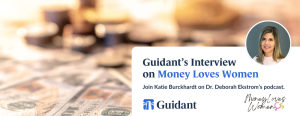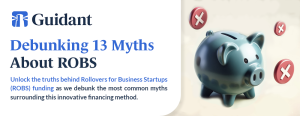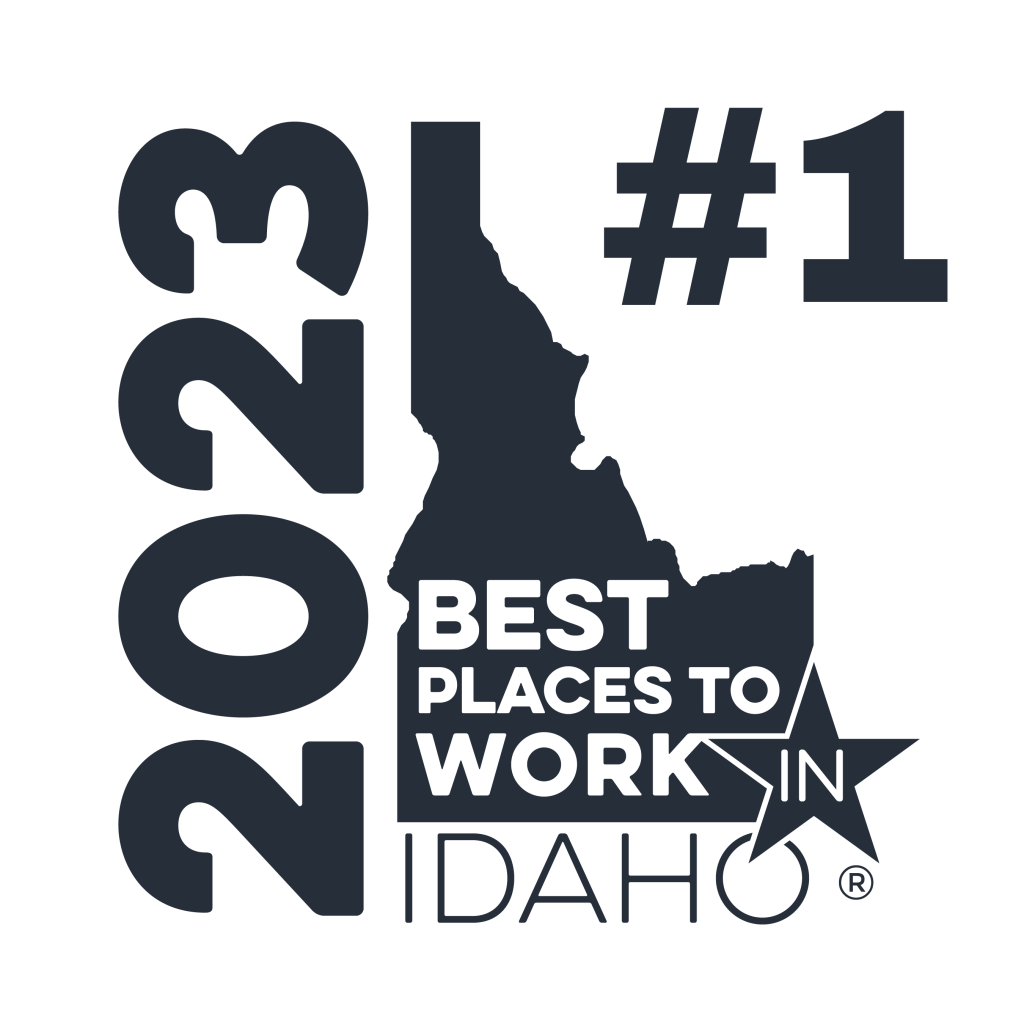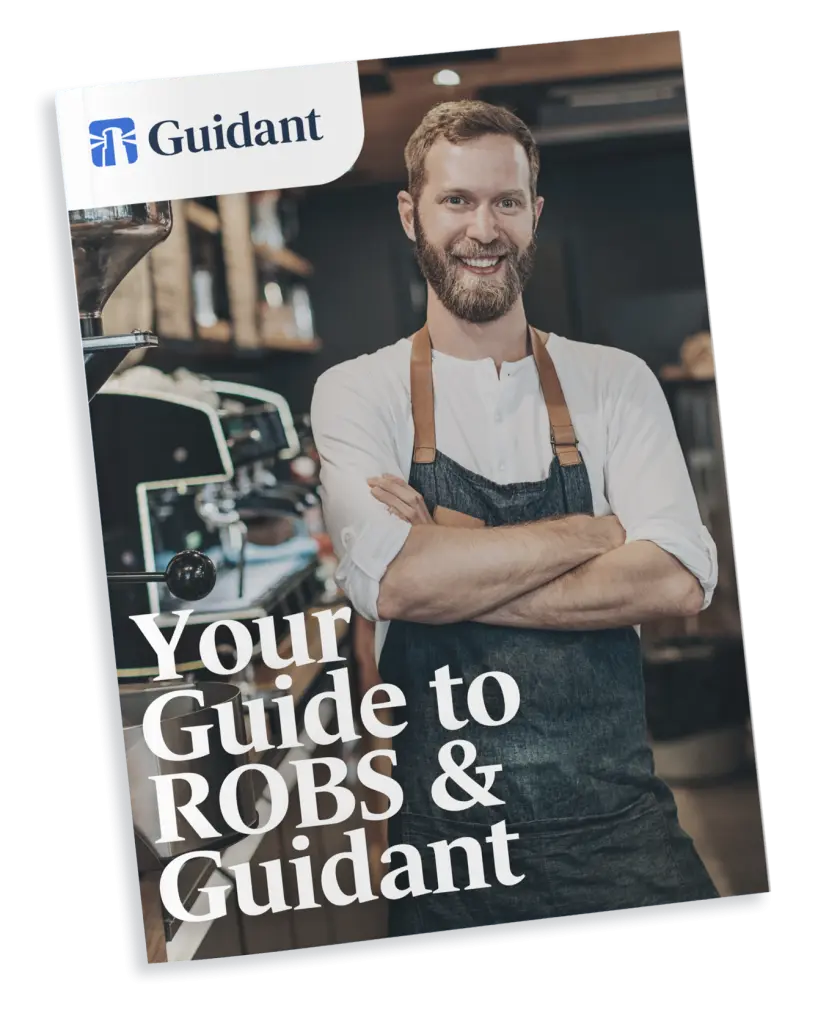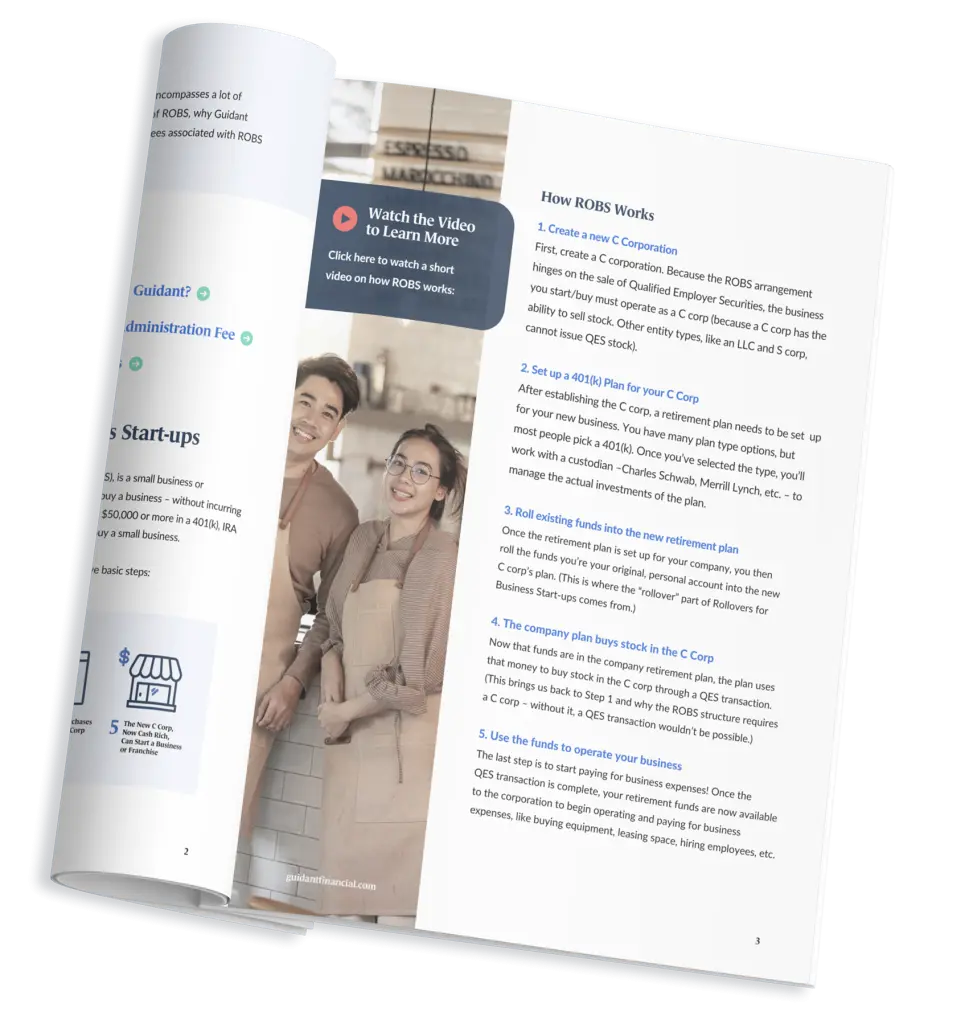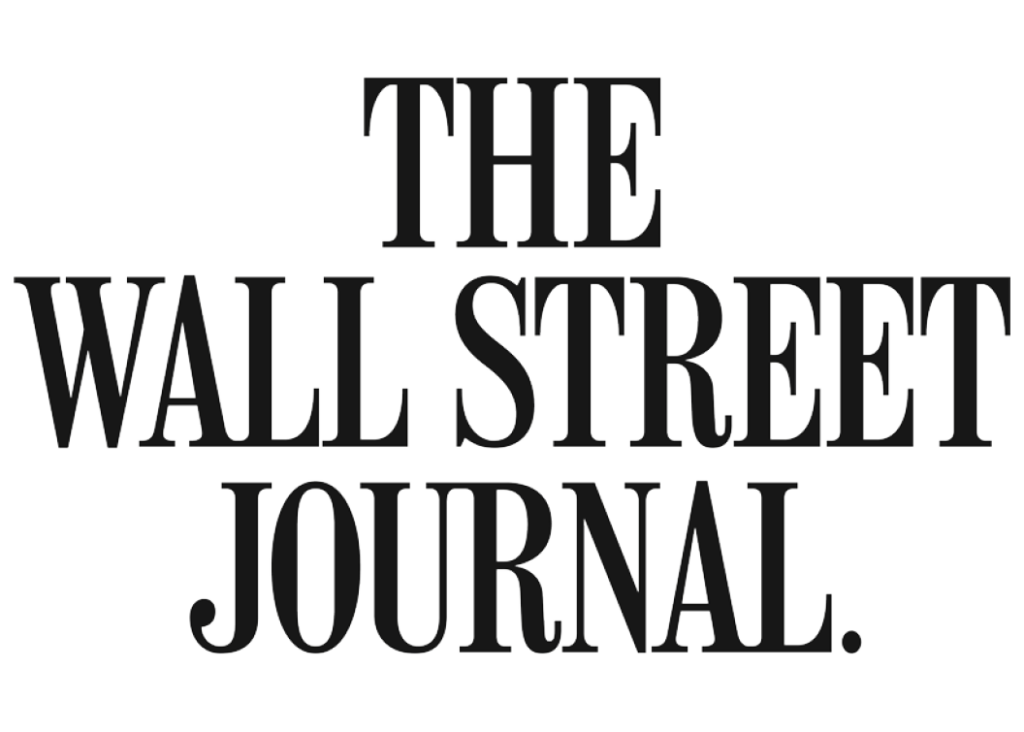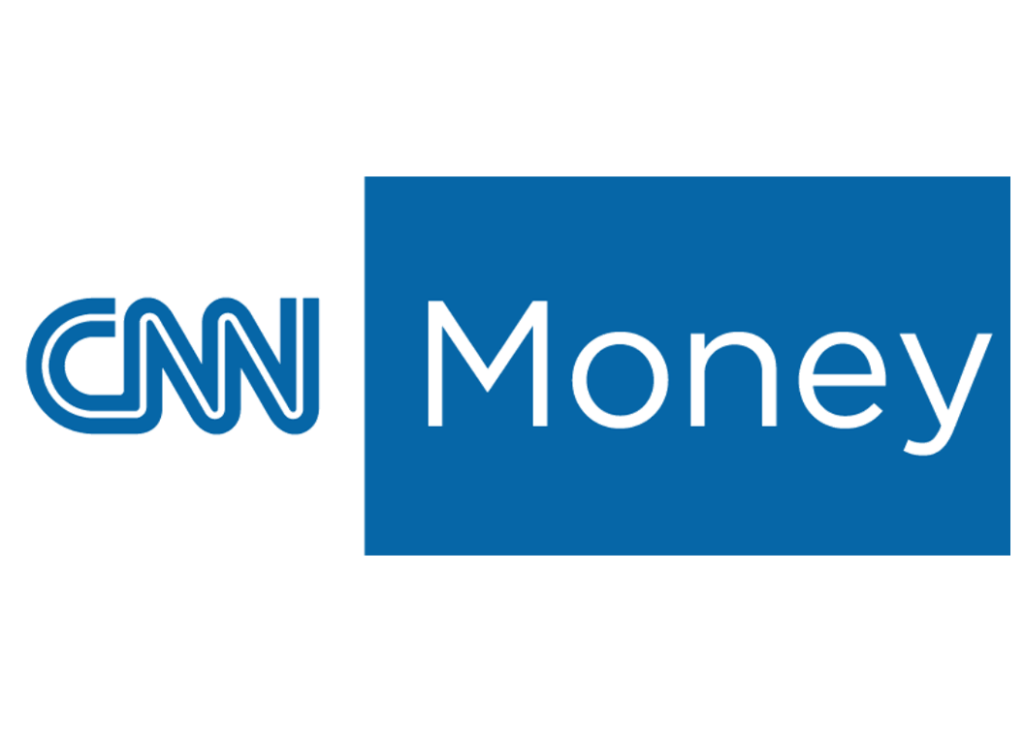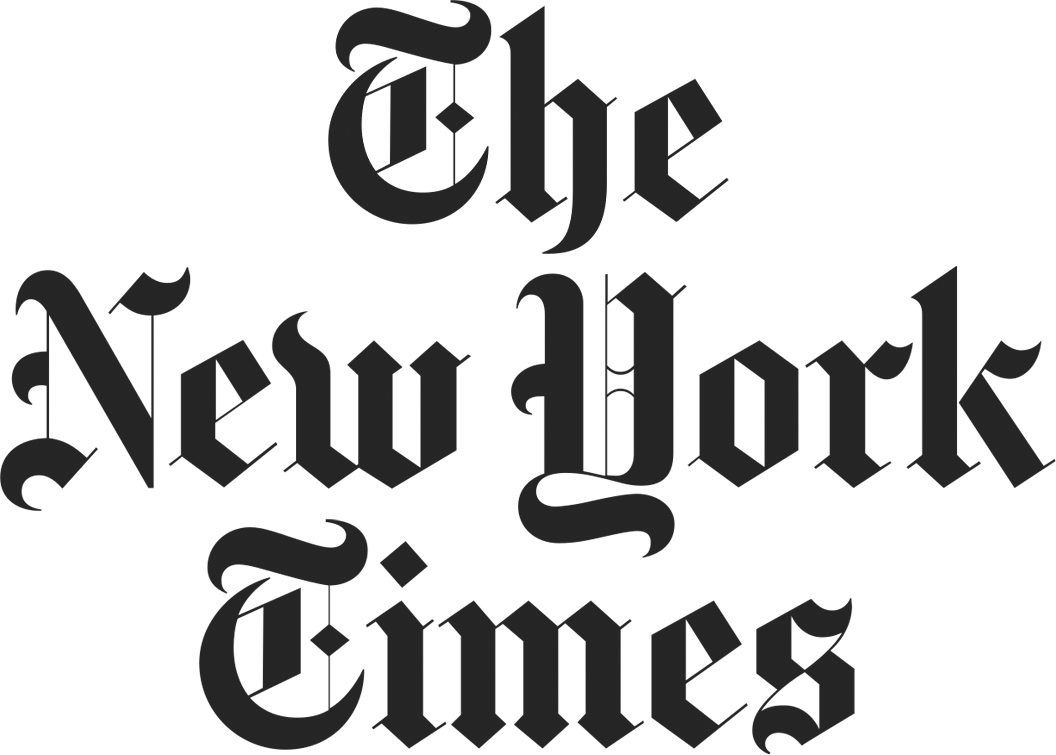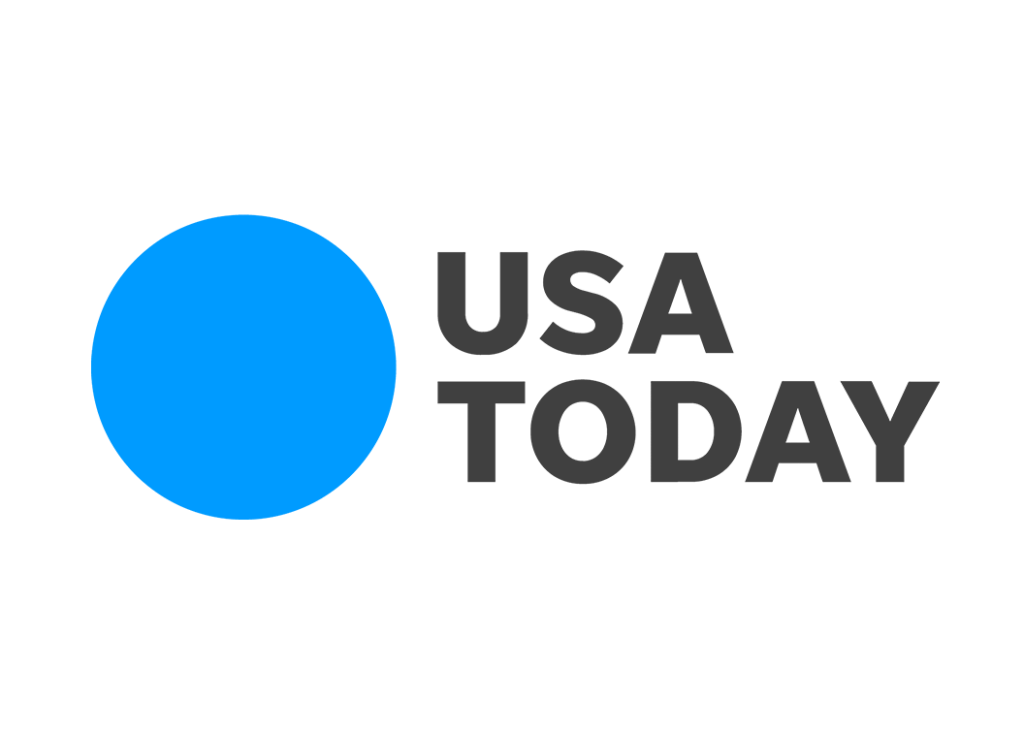Finding the money you need for your business — whether you’re an aspiring or current business owner — can be challenging. There are many reasons why ROBS 401k business financing has become increasingly popular as a funding option among small business owners.
Whether you’re looking to purchase a business, start one from scratch, or expand your business, you might need fast funding. And you might need a lot of it. It’s no surprise that launching or growing your business can get expensive. From buying property, equipment, supplies, and more, you might need to secure a certain amount of capital to fund your business ventures.
Many first consider using business loans for financing. But with increasing interest rates, loans may not be an ideal financing method for everyone.
Business Loans vs. 401(k) Business Financing
If you’re in the market for a traditional business loan, lenders often require extensive documentation of the business’s plans and strategies and a demonstration of three to five years’ worth of business profitability.
You’ll also need to thoroughly assess your creditworthiness, including your business standing. You might even need to collateralize your personal assets like your home or car. All of this work can be daunting and time-consuming for startups and even for established companies — and in the end, you still may not be approved for a loan.
A recent National Small Business Association (NSBA) study found that 20 percent of small business loans are denied because of poor credit. Plus, the application process for common business loans, like Small Business Administration (SBA) loans, can take up to 90 days.
Using a loan as a financing method also has its drawbacks. You’ll have to pay a business debt for several years, and this debt can take the cash flow you need to grow your business. With interest rates expected to climb, a loan can be riskier than other business financing methods. The higher the interest rates rise, the more debt you’ll pay over time.
But you can fund your business without the financial risks of debt. Many choose 401(k) business financing to start their business cash-rich and avoid overhanging debt.
Interested in learning more about SBA Loans? See our Complete Guide to Everything You Need to Know about SBA Loans.
What’s 401(k) Business Financing?
The challenges and drawbacks of loans are why an alternative option, Rollovers for Business Startups (ROBS), has increased in popularity in the past decade.
ROBS allows you to use your retirement funds, like your 401(k) or traditional Individual Retirement Accounts (IRAs), to finance your business — without tax penalty. That means you can start or run a business without incurring debt and take complete control of your retirement funds. You can also use ROBS alone or in tandem with another funding method.
You might think that 401(k)s and IRAs are the only retirement accounts ROBS allows. Even though this funding method is commonly known as 401(k) business financing, that doesn’t mean you need a 401(k) plan to be eligible!
A wide variety of retirement plans, especially the most common types, qualify for ROBS. Let’s look at all the different types of qualified plans you can use, according to the Internal Revenue Service (IRS).
Want to learn more about 401(k) business financing and how it works? See our Complete Guide to 401(k) Financing: Rollovers for Business Startups.
10 Types of Retirement Funds Eligible for ROBS 401(k) Business Financing

1. 401(k) Plans
A 401(k) is one of the most common types of defined contribution (D.C.) plans. Employees contribute a percentage of their salary untaxed. Many employers offer a full or partial match of the employee’s contribution plan, up to 100 percent. But how does 401(k) matching work?
Let’s say you contribute three percent of your pre-tax salary, and your employer offers a 100 percent match. That means they’ll also contribute three percent of your pre-tax salary, for a total of six percent match.
So, depending on your current employer’s 401(k) match, you could have a significant amount of retirement savings over the long term. And ROBS can help you access your savings to fund your business.
You can use money from your retirement savings held in a 401(k) plan with ROBS as long as it’s vested. Employees will always own or be vested in their contributions. But the employer may require their contributions to be held for a certain period before vesting is complete. All 401(k) plan contributions grow tax-free until you withdraw the funds.
You may use 401(k) funds from a current or previous employer.
2. Traditional IRAs
Traditional Individual Retirement Arrangements (IRAs) are established by individuals, not employers, as 401(k)s are. Contributions are tax-deductible, but they do not occur pre-tax. All contributions and appreciation grow tax-free until withdrawal.
3. 457(b) Retirement Plans
A 457(b) plan is a deferred compensation plan offered to state and local government employees and some nonprofit 501(c) tax-exempt organization employees. A deferred compensation plan allows employers to pay a portion of an employee’s retirement funds later, usually to reduce income taxes.
457(b) plans are similar to 401(k)s in that the employees make a pre-tax contribution from their paycheck, and some employers offer a match to those contributions. Contributions and appreciation grow tax-free until withdrawal. Government 457(b) plans are eligible for ROBS funding use.
4. 403(b) Retirement Plans
A 403(b) retirement plan is also very similar to a 401(k) plan, allowing employees to make pre-tax contributions that their employers may match. 403(b) plans are offered by public schools, churches, and some nonprofit organizations, for use by teachers, professors, administrators, and other employees. 403(b) retirement plans are eligible for ROBS funding.
5. TSPs
Thrift Savings Plans (TSPs) are defined contribution (D.C.) plans with employee contributions and potential employer matches — similar to 401(k)s — but offered to U.S. government employees and uniformed service members. All TSPs are eligible to be used in ROBS funding!
6. Roth 401(k), 403(b), or 457(b) Plans
Some employers who offer traditional 401(k), 457(b), and 403(b) plans also offer Roth versions of these plans. But Roth versions are far less common.
Roth 401(k), 457(b), and 403(b) differ from the traditional plans in several ways. First, Roth account contributions are made after-tax rather than pre-tax. Second, the contributions aren’t taxed when withdrawn like traditional accounts because all taxes have already been paid.
Employers can match contributions, and any contributions grow tax-free, just as they do with traditional plans. Roth 401(k), 403(b), and 457(b) are all eligible retirement plans for ROBS funding as long as you are vested in them.
7. SIMPLE IRA Plans
Small business start-ups often use Savings Incentive Match Plan for Employees (SIMPLE) IRA retirement plans.
Eligible employees may use their SIMPLE IRA funds for ROBS funding as long as two years have passed since the first contribution was made. If two years haven’t yet elapsed, you can’t use the funds. But you can use them as soon as the two years are up!
8. SEP IRAs
Simplified Employee Pension Plan (SEP) IRAs are a type of traditional IRA plan that employers can set up for their employees and contribute to. They are often used by smaller businesses or by those who are self-employed. SEP-IRA funds are also eligible for use in ROBS.
9. Keogh Plans
You can even use some pension plans for ROBS. A Keogh plan is a tax-deferred pension plan open to those who are self-employed or unincorporated businesses as a retirement plan.
Keoghs can be set up as a D.C. plan, in which employees make contributions, or as a defined benefit (D.B.) plan — like a traditional pension — which gives employees a fixed amount upon retirement. All Keogh plans are eligible to be used in ROBS funding!
10. Other Qualified Retirement Plans
In addition to the above, other types of qualified retirement plans are also eligible to be used with ROBS funding. Profit-sharing plans are one, as long as you are vested in the account. The other type is a traditional D.B. plan, such as a traditional pension plan or a money-purchase pension plan (which are somewhat like profit-sharing plans). Again, you must be vested in these plans, but if you are, both are eligible to be used with ROBS funding.
What Retirement Plans Aren’t Eligible for ROBS 401(k) Business Financing?
It’s a good idea to know which retirement plan options you can use for ROBS funding — and which plans you can’t use for ROBS. Fortunately, most retirement plans, especially the most common types described above, are eligible!
Roth IRAs
Roth IRAs are not eligible to be used with ROBS funding. Part of using ROBS funding entails rolling over the retirement funds into a new 401(k) plan. IRS guidelines do not allow Roth IRA funds to be rolled into any 401(k) fund, ever. That’s the reason for their ineligibility.
How ROBS 401(k) Business Financing Works
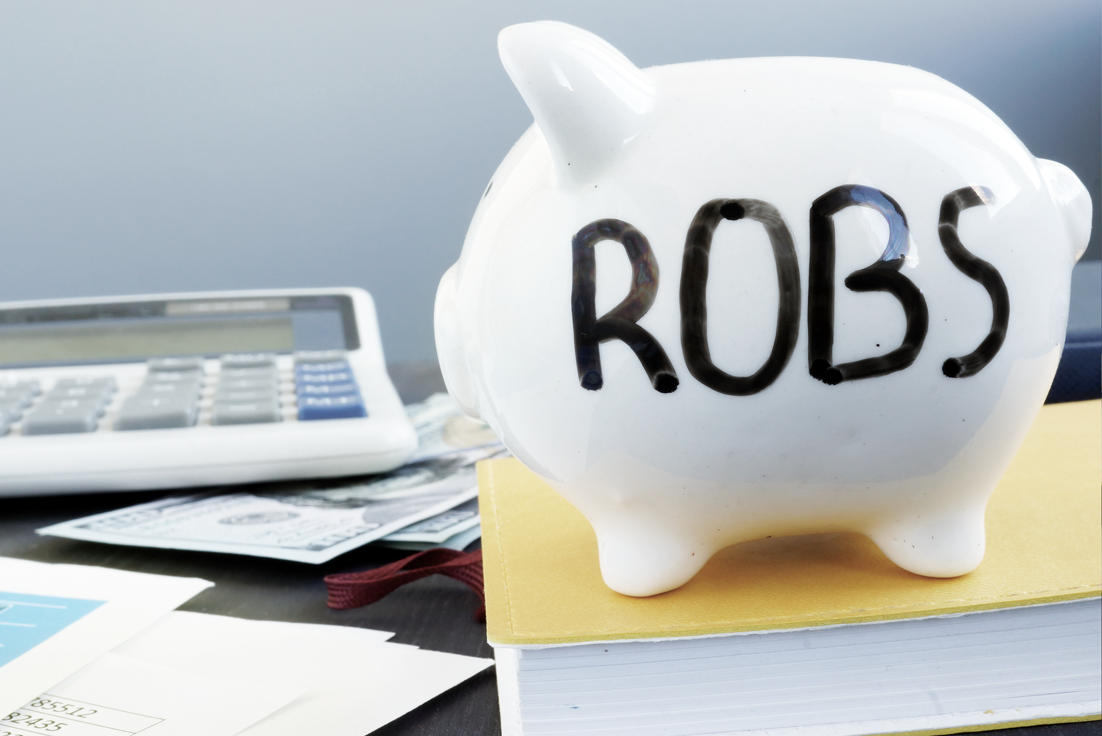
If you have a qualifying retirement plan for ROBS, you can set up a ROBS plan to finance your business. The first step to using ROBS is establishing your business as a C Corporation. Then, a new retirement plan for your company will be created.
Why? As many know, you can’t withdraw money from your retirement until you reach a certain age (59½ years old) without withdrawal penalties. The IRS will also tax your funds if withdrawn early. But a correct ROBS set-up avoids all those penalties and taxes. It also establishes a retirement plan in your new C Corp in which both you and your employees can fund your retirement.
Your business entity needs to be a C Corp to use ROBS because ROBS requires the sale of Qualified Employer Securities (QES). While a C Corp can be more complex than other common business structures, a C Corp structure can offer more tax benefits and sell unlimited stock.
Once you establish your C Corp and its retirement plan, you can use ROBS to roll over funds from your personal retirement savings to your new C Corp retirement plan. Then, that new plan purchases stock in your C Corp.
Once the entire process is complete, you can use your retirement funds to finance your business. And remember: If you need more capital for your business, you can still use ROBS with other business financing methods!
If you want to learn more about business financing methods, check out our Complete Guide to Small Business Funding Options.
Ongoing Requirements
If you utilize ROBS, you’ll need to meet the annual requirements that keep both ROBS and your new retirement plan in compliance with IRS and Department of Labor mandates.
It’s a good idea to hire a third-party plan administrator to handle requirements or use a ROBS provider to ensure you’ll avoid penalty fees and taxes from the IRS — and be safe from fees during the IRS audit process.
Guidant Financial Can Help
Using 401(k) business financing, or Rollovers for Business Startups (ROBS), can be complicated. Guidant has helped over 30,000 small businesses secure business financing with ROBS to start and grow a business. We also serve as ongoing ROBS Plan Administrators — and offer a suite of business services that integrate seamlessly with ROBS plans, making your life as a business owner easier.
Contact us today to discuss how ROBS can help you fund your business and get a free consultation! You can also pre-qualify for business financing now.
See how clients at Guidant started their dream business.

